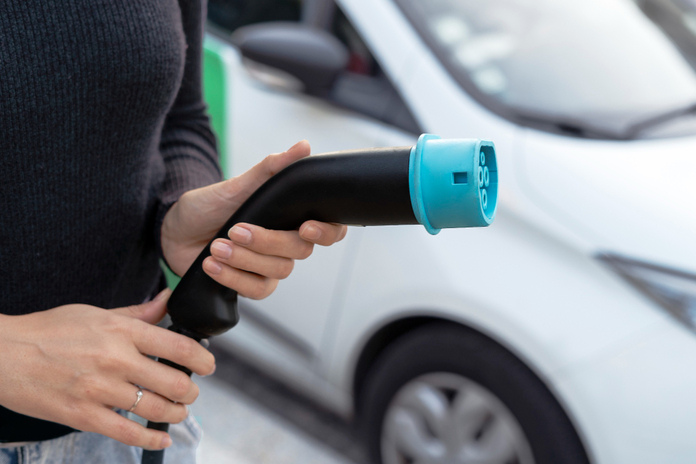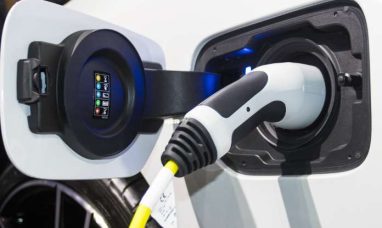Rivian (NASDAQ:RIVN), the electric vehicle manufacturer known for its innovative approach to sustainable transportation, has recently halted production of its commercial delivery vans for Amazon due to a parts shortage. This production pause marks the latest in a series of ongoing Rivian production challenges that have plagued the company over the past two years, primarily due to global supply chain disruptions.
Parts Shortage Leads to Production Halt
Rivian’s spokesperson confirmed that the shortage of critical components has forced the company to temporarily suspend the assembly of its Electric Delivery Vans at its manufacturing facility in Normal, Illinois. These vans are a crucial part of Rivian’s partnership with Amazon (NASDAQ:AMZN), which has ordered 100,000 units to be delivered by 2030.
The company did not disclose specific details regarding the part or the supplier involved in this disruption. Rivian’s statement emphasized their expectation to recover all missed production once the shortage is resolved, but no timeline was provided for when production might resume. The lack of clarity has contributed to a slight dip in Rivian’s stock price, reflecting investor concerns over the ongoing Rivian production challenges.
Impact on Rivian’s Partnership with Amazon
Amazon, Rivian’s largest investor, holds a 16% stake in the company, making the production of these EDVs a critical component of Rivian’s revenue stream. In 2023, sales to Amazon accounted for approximately 19% of Rivian’s total revenue. The current production halt, therefore, poses significant implications for both companies.
Amazon has not yet commented on how the delay might affect its logistics operations or its broader sustainability goals, which heavily rely on the timely deployment of these electric vans. However, Rivian has reassured that the production of its other models, including the R1S SUV and the R1T pickup truck, will not be impacted by the parts shortage affecting the EDVs.
Rivian’s Broader Production Challenges
This halt is just the latest in a series of Rivian production challenges that have tested the company’s resilience in the competitive EV market. Like many other automakers, Rivian has faced severe supply chain disruptions, exacerbated by the global semiconductor shortage and logistical hurdles related to the COVID-19 pandemic. These challenges have slowed production rates and complicated efforts to meet delivery targets.
Earlier this year, Rivian shut down its Illinois factory temporarily for retooling and modifications, further complicating its production schedule. Despite these setbacks, the company has maintained its production forecast for the year, although it warned that deliveries could be slightly lower than anticipated in the current quarter.
The Road Ahead for Rivian
Looking forward, Rivian is taking steps to mitigate these ongoing production challenges. The company is planning to open a second assembly plant in Georgia, which is expected to alleviate some of the pressure on its Illinois facility. This expansion reflects Rivian’s commitment to scaling its operations and meeting the growing demand for its electric vehicles, despite the current obstacles.
Investors and industry analysts alike are closely watching how Rivian navigates these hurdles. The company’s ability to manage supply chain issues and maintain production momentum will be critical in determining its long-term success in the EV market. Rivian’s focus on innovation and sustainability has positioned it as a key player in the industry, but its future growth will depend on its capacity to overcome these production challenges.
Conclusion
Rivian’s temporary halt in Amazon van production due to a parts shortage underscores the broader Rivian production challenges that the company continues to face. While Rivian remains optimistic about recovering lost production, the situation highlights the complexities of scaling EV manufacturing in a volatile supply chain environment. As Rivian works to resolve these issues and meet its commitments to Amazon and other stakeholders, the company’s performance in the coming quarters will be a crucial indicator of its ability to sustain growth and fulfill its ambitious goals.
Featured Image: Freepik















